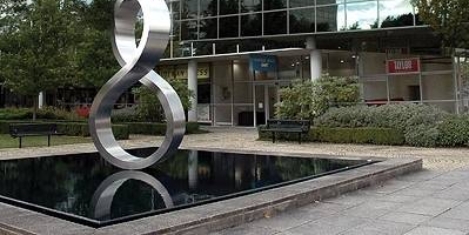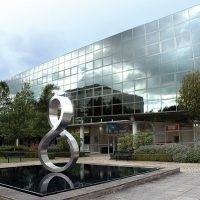October 6, 2016
Workers now spend around half of their working hours on email 0
![]() If you feel like you are checking your email more than ever before, the chances are that you are. Email continues to be the number one communication channel for people around the world, and that includes Millennials, although their use of text and instant messaging is changing the way email is used. According to the new study of 4,000 people in the US, UK, France and Germany from Adobe, the amount of time we spend checking messages increased by an average of 17 percent last year. British workers in the UK spend on average 90 days a year reading email, compared to 62 days for the Germans, 99 days for the French and 88 hours for Americans. This means that the average British worker spends slightly over 4 hours each day checking their messages, including in the bathroom, in front of the television and even while with other people.
If you feel like you are checking your email more than ever before, the chances are that you are. Email continues to be the number one communication channel for people around the world, and that includes Millennials, although their use of text and instant messaging is changing the way email is used. According to the new study of 4,000 people in the US, UK, France and Germany from Adobe, the amount of time we spend checking messages increased by an average of 17 percent last year. British workers in the UK spend on average 90 days a year reading email, compared to 62 days for the Germans, 99 days for the French and 88 hours for Americans. This means that the average British worker spends slightly over 4 hours each day checking their messages, including in the bathroom, in front of the television and even while with other people.

































October 7, 2016
Are we seeing the workification of home or the homification of work? 0
by Anna King • Comment, Flexible working, Workplace design
More →